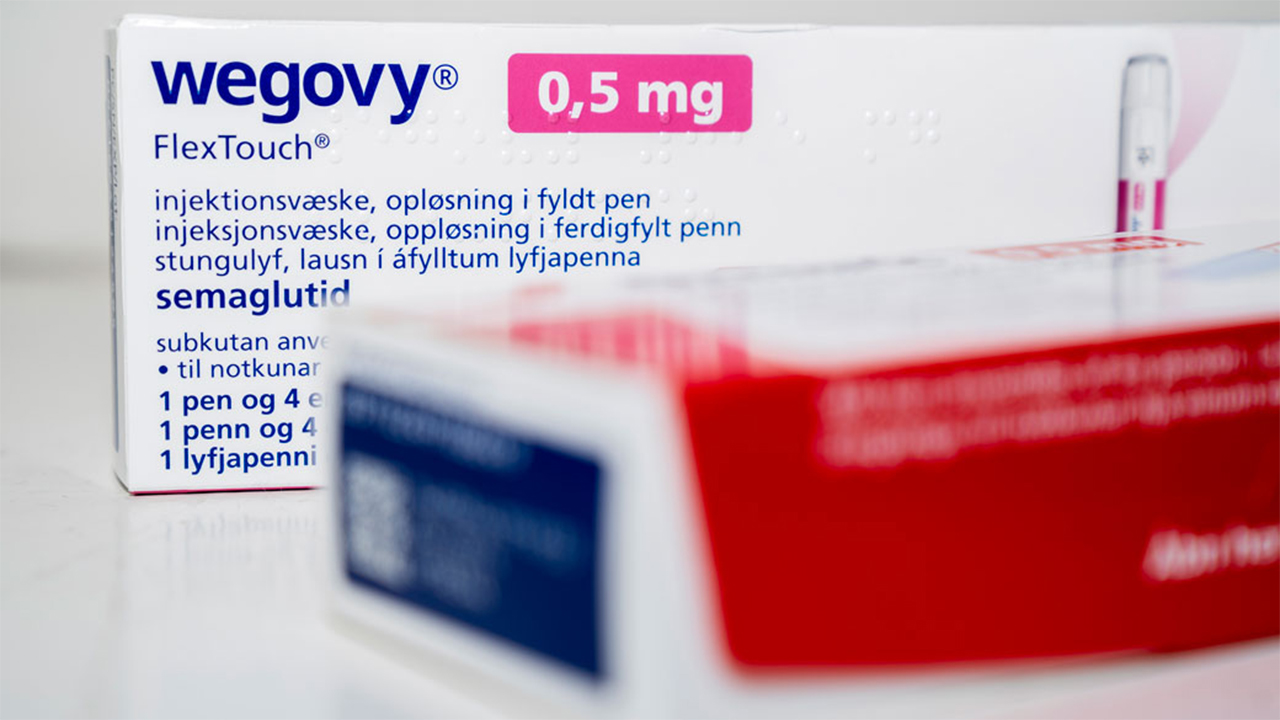Recent research suggests that a group of powerful drugs, including Wegovy and Ozempic, which contain semaglutide, may have an unexpected role beyond weight loss: they could potentially treat addiction. While these medications are originally approved by the U.S. Food and Drug Administration for managing type 2 diabetes and obesity, some individuals have reported intriguing side effects, such as reduced cravings for food, decreased desire for alcohol, and less need for nicotine.
This phenomenon has led to the idea that semaglutide-based drugs could be repurposed to address substance use disorders, a notion gaining traction among researchers. These potential addiction-fighting properties stem from the drugs’ ability to affect the brain’s reward circuits, making them a promising candidate for addiction treatment.
Studies involving rodents, particularly rats and mice, have offered encouraging insights. Semaglutide was found to reduce alcohol consumption in rats exhibiting excessive drinking behavior, and similar results were observed in experiments conducted at the University of Gothenburg in Sweden. The dampening effect on consumption extended to non-alcoholic and calorie-rich liquids, which was unsurprising given semaglutide’s known appetite-reducing capabilities.
The brain regions responsible for regulating eating behaviors closely overlap with those linked to alcohol and drug use, further supporting the idea that semaglutide-based drugs could be effective in treating addictions. Research also hints at their potential in addressing opioid addiction.
Several human trials are currently underway to explore these possibilities further, involving drugs like liraglutide and semaglutide in the treatment of opioid use disorder, smoking addiction, and heavy drinking. Although the results of these trials are pending, researchers are cautiously optimistic about the potential for these drugs in addiction treatment.
However, the road ahead is paved with uncertainty. Researchers acknowledge that promising results in animal studies don’t always translate to success in humans, and potential side effects like nausea, digestive issues, and headaches may limit the drugs’ applicability. Additionally, the drugs’ mechanisms within the brain and their full range of effects are not yet fully understood.
In conclusion, while the prospect of semaglutide-based drugs as addiction treatments is promising, it requires further extensive research to determine their efficacy and safety in humans. These drugs could potentially revolutionize addiction treatment, but caution is warranted until conclusive evidence is available. Researchers remain hopeful but realistic about the potential of this emerging avenue in the battle against addiction.








